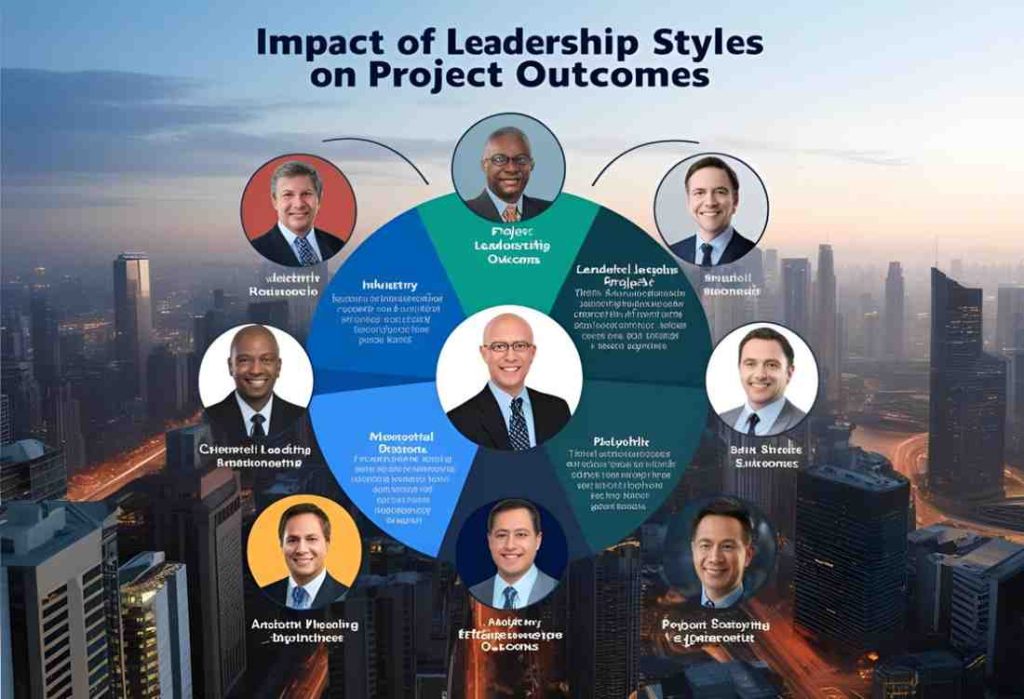
The Critical Role of Emotional Intelligence in Project Management
In the world of project management, success is often measured by timelines, budgets, deliverables, and stakeholder satisfaction. But beyond the technical frameworks and checklists, there lies a powerful, often overlooked ingredient: Emotional Intelligence (EI). As teams grow more diverse and projects more complex, a project manager’s ability to understand and manage emotions—both their own and those of others—has become essential.
In this post, we will explore what emotional intelligence is, why it is critical in project management, and practical steps project managers can take to strengthen their EI and lead more successful projects.
What is Emotional Intelligence (EI)?
Emotional intelligence refers to the ability to recognize, understand, manage, and influence emotions. Daniel Goleman, a leading researcher on the topic, outlines five key components of EI:
- Self-awareness: Recognizing your own emotions and their impact.
- Self-regulation: Managing or redirecting disruptive emotions and impulses.
- Motivation: Being driven to achieve for reasons beyond external rewards.
- Empathy: Recognizing and understanding the emotions of others.
- Social skills: Managing relationships to move people in desired directions.
In a project environment, these traits help project managers connect with their teams, handle stress, and navigate complex interpersonal dynamics.
Why Emotional Intelligence is Critical in Project Management
A project manager’s job isn’t only to manage tasks—it’s to manage people. Here’s why emotional intelligence matters:
- Team Morale: Teams are more engaged when they feel heard and understood. Managers who show empathy and regulate their own emotions create a positive working environment.
- Communication: Clear, empathetic communication reduces misunderstandings and builds trust across stakeholders.
- Conflict Resolution: Projects often involve conflicting interests. High-EI project managers resolve disputes diplomatically before they escalate.
- Leadership Effectiveness: Emotional intelligence fosters influence without authority—critical when managing cross-functional teams where direct control is limited.
Without EI, even the best-laid project plans can unravel under interpersonal tension, stress, and miscommunication.
Examples of Emotional Intelligence in Action During Projects
Imagine a scenario where a key deliverable is late. A project manager low in EI might react angrily, blaming the team and creating resentment.
A high-EI project manager, however, would first seek to understand the cause of the delay, empathize with the challenges faced, and collaboratively find solutions.
Another example: During stakeholder meetings, emotionally intelligent managers pick up on non-verbal cues—like discomfort or disagreement—and address concerns proactively before they become bigger issues.
How to Develop Emotional Intelligence as a Project Manager
The good news is that emotional intelligence isn’t fixed—you can develop and strengthen it over time. Here’s how:
- Practice Active Listening: Focus on listening to understand, not just to reply.
- Reflect and Journal: Spend time each day reflecting on emotional triggers and successes.
- Seek Constructive Feedback: Regularly ask team members for feedback on your leadership style.
- Pause Before Reacting: When emotions run high, take a breath before responding.
- Invest in Empathy: Try to genuinely understand others’ perspectives, especially when they differ from yours.
Building emotional intelligence is an ongoing journey but pays off exponentially in project leadership.
Measuring and Improving Your EI Over Time
Several tools can help you assess and improve your emotional intelligence:
- EQ-i 2.0 Assessment: A validated tool for measuring emotional intelligence across five composite areas.
- 360-Degree Feedback: Collect anonymous feedback from peers, subordinates, and supervisors.
- Mindfulness Training: Practices like meditation can enhance self-awareness and self-regulation.
- Coaching and Workshops: Investing in leadership coaching focused on emotional intelligence can fast-track growth.
Like any skill, the more intentional you are about improving your EI, the stronger it becomes.
Emotional Intelligence and Remote Project Teams
In remote work environments, where body language and tone are harder to read, emotional intelligence becomes even more crucial. Project managers must be deliberate about:
- Checking in on emotional wellbeing, not just task updates.
- Communicating clearly and empathetically across different time zones and cultures.
- Creating virtual spaces where team members feel psychologically safe to voice concerns.
An emotionally intelligent remote leader bridges distance with trust and human connection.
Conclusion
While technical skills and certifications will always matter in project management, emotional intelligence is the true differentiator between an average project manager and an exceptional one.
By honing skills like empathy, self-awareness, and emotional regulation, project managers not only drive better project outcomes—they build stronger, more resilient teams who are ready to face any challenge.
In today’s increasingly complex and people-centered project environments, investing in emotional intelligence isn’t optional—it’s essential.
References
- Goleman, D. (1995). Emotional Intelligence: Why It Can Matter More Than IQ. Bantam Books.
- (2020). Emotional Intelligence Appraisal. Retrieved from www.talentsmart.com
- Project Management Institute. (2021). Pulse of the Profession: Beyond Agility. PMI.
- Bradberry, T., & Greaves, J. (2009). Emotional Intelligence 2.0. TalentSmart.
- Cherniss, C. (2001). Emotional Intelligence and Organizational Effectiveness. Jossey-Bass.



